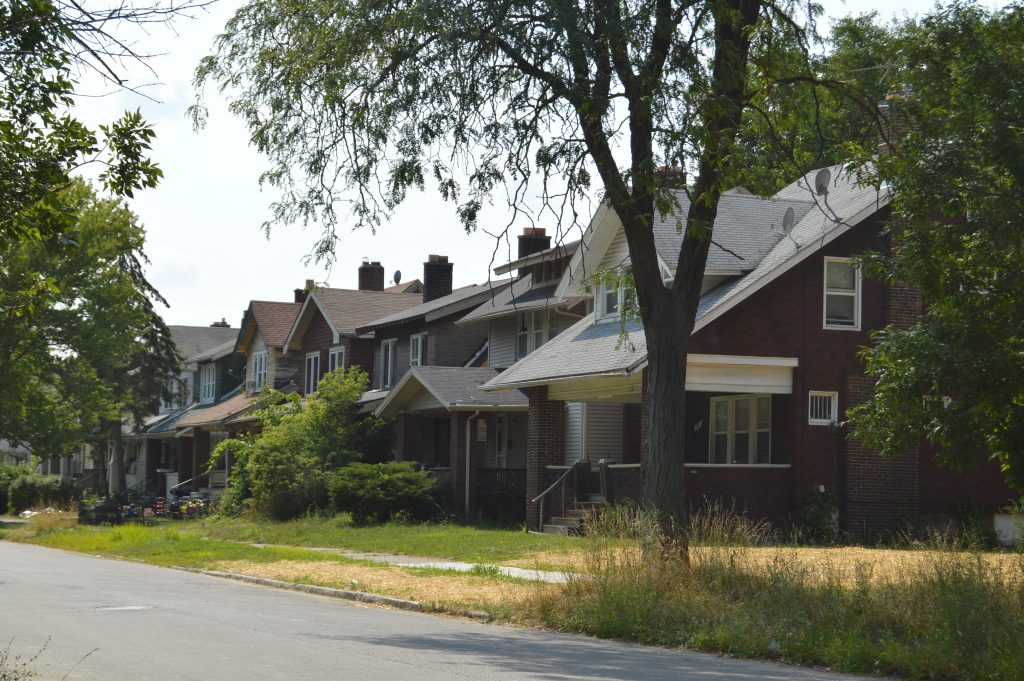For Sale: Highland Park is Ready to Reinvent Itself
Developers being asked for Requests for Qualifications to help rebuild the city

Highland Park
The story of Highland Park is one of a boom and bust economy. The 2.5 square mile enclave surrounded by Detroit’s north end is home to the first factory in history to assemble cars on a moving assembly line. As the largest manufacturing facility of that time, Ford offered nearly three times the wages at the Model T plant than at any other unskilled manufacturing plant.
Those wages helped establish a middle-class and the City of Highland Park flourished. Beautiful homes were built. Schools, churches, businesses and a tight-knit community thrived for decades. But by the late 1970’s the city had suffered repeated losses of residents, businesses and more.
In recent decades, the city has suffered significant economic stresses, including the inability to pay for street lights and a lawsuit over a $17 million water bill the City of Detroit claimed it was owed. Meanwhile, the population dropped from 60,000 to just under 11,000.
As people left and jobs dried up, properties have fallen into foreclosure. City officials say about half of the 7,000 parcels within the city limits are now under the ownership of government entities and land banks.
Yvette Robinson is the Director of Community and Economic Development for the City of Highland Park. She says the community has lost a huge part of its tax base
“A great portion of the city is publically owned, whether it’s the City of Highland Park, the Michigan Land Bank or the Wayne County Land Bank, which really equates to a loss of population, a loss of the tax base, and contributes to a number of challenges that the city has right now” -Yvette Robinson, City of Highland Park
Robinson says at the same time, those same challenges are creating opportunities. Highland Park is soliciting Request for Qualifications from developers interested in purchasing properties for residential, commercial and retail purposes.
“We are seeking developers to submit qualifications and seeing how we can partner and come together with these developers to get this property back in productive use and back on the tax rolls, and people moving, working, living and playing in the City of Highland Park again”
Robinson says it is a priority to salvageable as many homes as possible and to develop additional commercial and retail space. She says the city is looking at creative financing opportunities including Brownfield and New Market tax credits. If all goes as planned development on some of the sites could begin this year.
Click on the audio link above to hear a conversation between Robinson and WDET’s Amy Miller about the development plan

